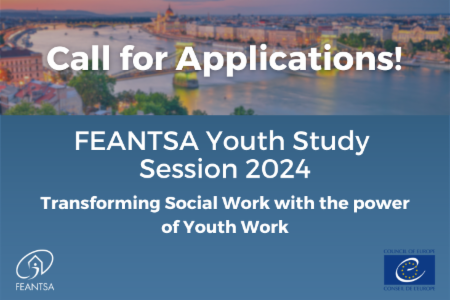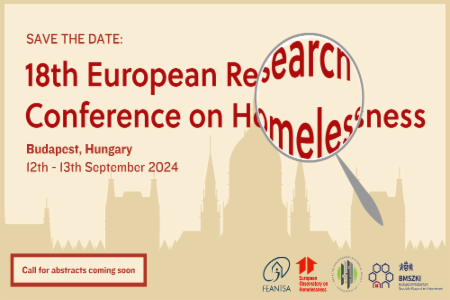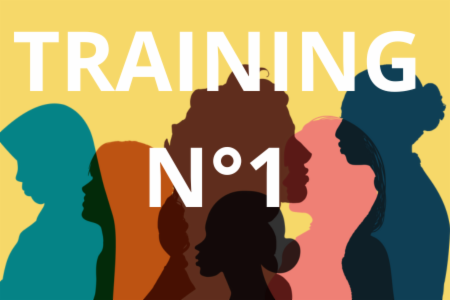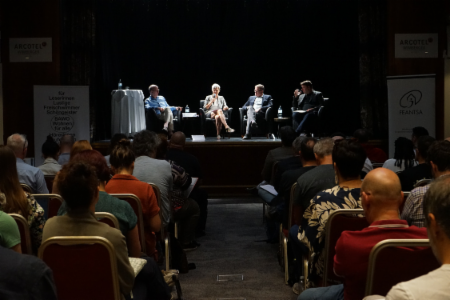When free movement fails to be inclusive for all: mobile EU citizens underserved in Barcelona, Brussels, Stockholm and Münster
Read and download the Press Release here (online PDF)
Organisations working in the homelessness sector expose the blind spots in free movement legislation: Arrels Fundació (Barcelona), BISCHOF-HERMANN-STIFTUNG (Münster), DIOGENES and Bruss’help (Brussels) and Stockholms Stadsmission (Stockholm) present data about the factors that push mobile EU citizens across Europe to destitution.
On the 9th of December from 11:00 to 13:30 FEANTSA is hosting a webinar to raise awareness about the increasing number of mobile EU citizens experiencing homelessness. Mobile EU citizens are often overrepresented and underserved within the homeless population of many European capital cities: in Barcelona, 27% of the rough sleepers interviewed by Arrels in November 2020 were EU migrants, a larger percentage than the overall mobile EU citizens living in Barcelona; in Stockholm, only 21% of the respondents to the 2020 Stadsmission survey among homeless mobile EU citizens had a Swedish Social Security number; in Brussels, 63% of the homeless mobile EU citizens supported by DIOGENES in 2020 were irregularly residing; and in Münster (Germany), 88% of the homeless mobile EU citizens interviewed by BISCHOF-HERMANN-STIFTUNG at the end of 2020 have experienced homelessness for at least 6 months. In Denmark, Austria, France, or Luxembourg there are similar trends, too.
Despite this data, destitution among mobile EU citizens is not sufficiently addressed either at European or at national levels. To address this issue, FEANTSA is organising an infosession where new data from four European cities will be presented, followed by an exchange of views with: Dominique Be, Policy Officer at DG EMPL (European Commission); Maria Czechowicz, Vice-Consul of the Republic of Poland in Brussels; and Patricija Kezele, Seconded National Expert at the European Labour Authority.
This event takes place in the context of European Commission plans to update the guidelines on free movement (2022). FEANTSA and our members working on the ground have identified gaps in the national transposition of the free movement Directive, which contribute to pushing many mobile EU citizens into destitution, and ultimately, into homelessness. The vague definition of a “worker”, the difficulties when registering in the municipality, the inadequate access to healthcare or being recognised as a jobseeker are some of the barriers identified. It is very important that the new guidelines take into account these barriers and that they are adequately addressed.
FEANTSA and our members call for more and better measures to support mobile EU citizens who are in vulnerable situations, such as: facilitating the registration process for mobile EU citizens, whether or not they are jobseekers, allowing them to access basic healthcare (not only in urgent cases), providing basic housing assistance no matter the country of origin, or developing specific employment programmes for those migrants who want to enter into the labour market but find it difficult to do so.
This event is part of the ongoing work by FEANTSA on the link between EU migration and homelessness, which is currently undertaken within the framework of the PRODEC project (Protecting the Rights of Destitute Mobile EU citizens). This project is supported financially by EPIM, the European Programme for Integration and Migration.





